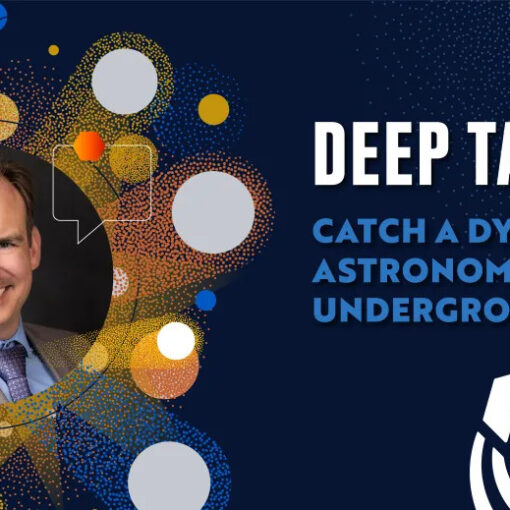Last night, I had the pleasure of a long conversation with my colleague and friend Bob McElrath, a theoretical physicist. He had been down here at SLAC to give a presentation on his “recent paper describing how to search for low-mass dark matter at the B factories”:http://arxiv.org/abs/hep-ph/0506151. We stayed up pretty late last night discussing politics, the current state of theoretical and experimental physics, and the current poisonous atmosphere in the U.S. toward intellectuals.
We’re both concerned that while funding for basic research has dropped during both of the last two President’s watches (Clinton and Bush), sugesting a bi-partisan failure to maintain the U.S.’s once-strong leadership in world science, the anti-intellectual atmosphere created by this administration has fouled the waters. We were both disturbed that while the rest of the G8 seemed ready to accept forward-looking restrictions on greenhouse gas emissions, “President Bush stood alone in resisting these proposals and only begrudingly admitted human activity has accelerated the problem”:http://www.contracostatimes.com/mld/cctimes/news/nation/12073609.htm. At least it’s progress when he says things like “I recognize that the surface of the earth is warmer and that an increase in greenhouse gases caused by humans is contributing to the problem”, though the delivery sounds like somebody had their hand up his back at the time.
The other issue that concerned us was what appeared to be a funding system in the U.S. which is broken. Given Congress’ reactions to the proposed Department of Energy budget this year, it’s clear that the DOE appears to be underfunding its capability. From the perspective of a scientist like me, the DOE appears to be skittish about having to carry out its mission: invest in new ideas and research while maintaining its excellent laboratory infrastructure. Many physicists seem growingly frustrated that as the DOE budget is squeezed, whether by the President or the Congress or the DOE itself, that new ideas fall on deaf ears. And we cannot expect industry to make the investment – it’s all they can do to even remain competative these days. How can industry, with its sights on short-term gains, focus on a long-term research investment with no guaranteed returns?
We were left with hard questions. How to fix a breaking or broken funding system? How to better communicate to the public the naure of science, as a framework to discern between truth and fiction? How to dilute the poison of mistrust and disdain for intellectuals?


